
Off Grid and Energy Independence
Being off the grid means not being hooked up to any utilities.
Off-grid homes rely on alternative renewable energy sources such as the sun and the wind.
When a building is off the grid, it means it has no connection or relationship with a utility and all the power it uses comes from a source that it generates on its own.
Living off the grid
means living autonomously without reliance on a utility for power.
One way to achieve
this is to install a solar power system made up of photovoltaic panels to absorb and generate energy from the sun, along with batteries to store that energy for use when the sun is not shining.



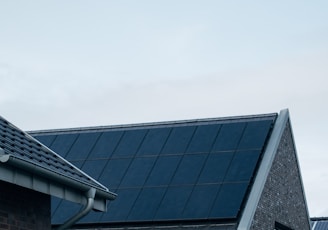

Components of an Off Grid Solar Power System
Solar Panels
The precise size and production capabilities of individual solar panel array which is the first ingredient will depend on the amount of available sunlight in the region, the usable space of roof, and energy consumption needs.
Solar Batteries
A solar battery is needed to allow home to continue to run after the sun goes down.
Solar storage device will charge throughout the day as solar panels generate excess electricity.
Rather than simply losing out on all of that available solar power, a battery enables to keep it for later use.
Depending on energy needs, a single battery, or even a battery bank is used.
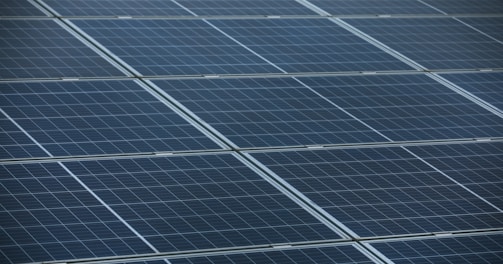
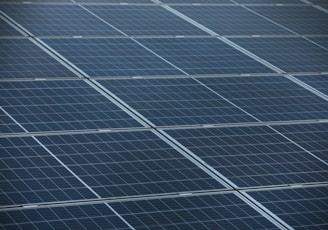
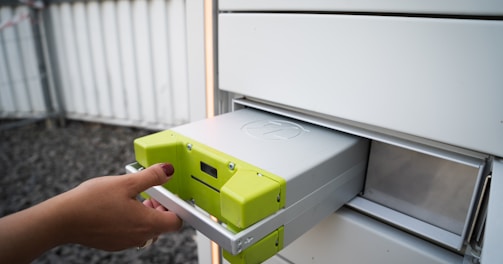
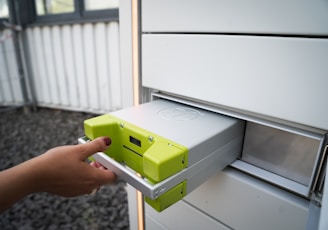
Solar Inverters
In order to convert the direct current (DC) collected by solar panel array into the alternating current (AC) for running most of common household appliances and electronics, solar power system needs a sometimes referred to as a solar converter or a PV inverter.
For an off-grid system use a stand-alone inverter.
Solar Charge Controller
Solar charge controller or battery charger is essential to save battery.
The controller regulates the voltage and current that solar battery receives, to prevent overcharging and damage.
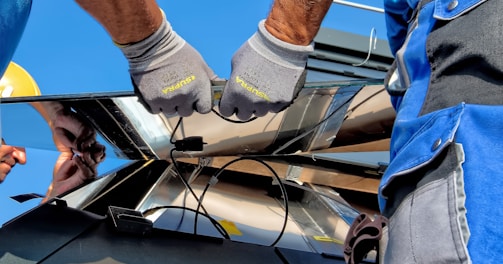
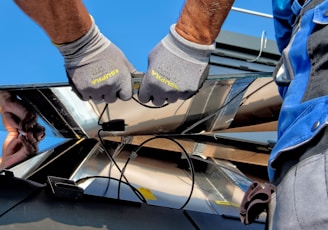
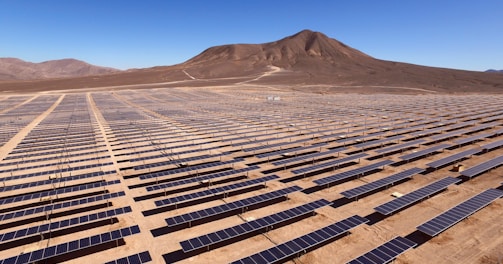
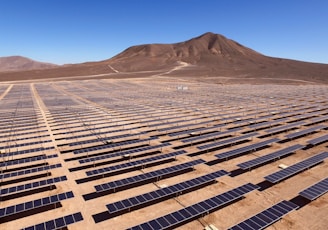
Alternative Energy Source
It may be worth considering an alternative source of energy as back up of the system.
This is needed during the depths of winter when solar production is at its lowest.
Many owners who use off-grid systems combine them with a generator that can power home’s electricity needs.
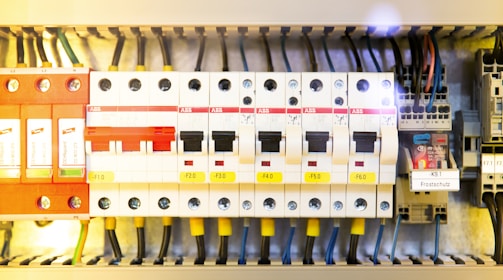


Advantages of Off-Grid Solar Systems
No access to the utility grid.
Off grid systems can be cheaper than extending power lines in certain remote areas.
1
2
Become energy self-sufficient
Another big advantage of going off grid is that, 100% independence from electricity retailers.
Need not to pay anything for electricity costs, and 100% insured against rising energy prices.
System also protects from grid-tied power failures or blackouts.
Living off the grid and being self-sufficient feels good.
Energy self-sufficiency is also a form of security.
Power failures on the utility grid do not affect off-grid solar systems.



